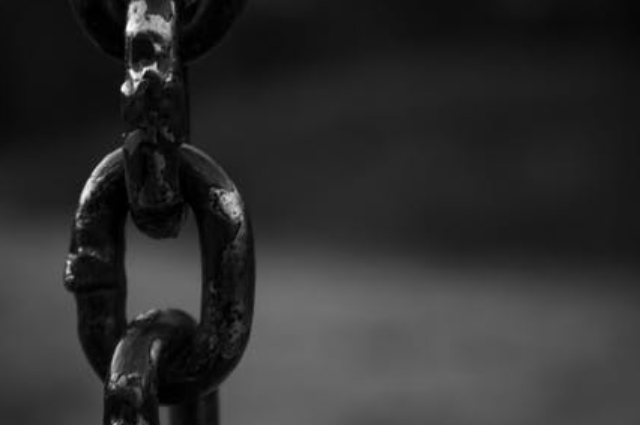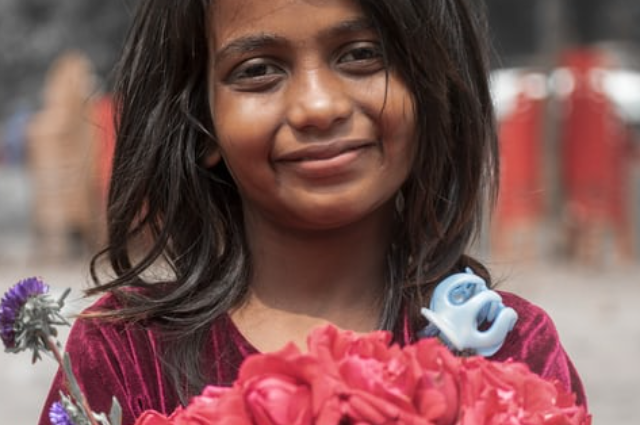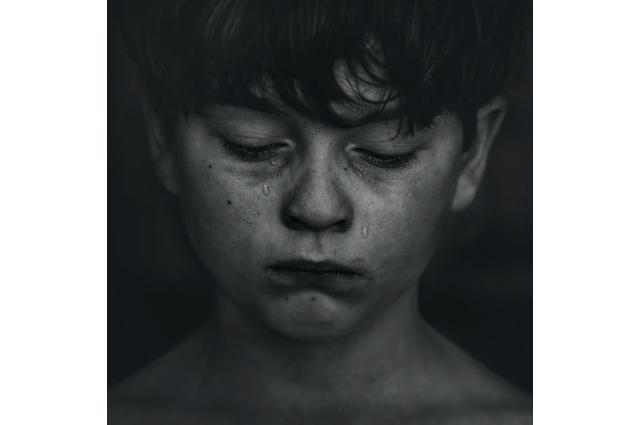
Geeta, a twelve year old girl is the youngest daughter of a family belonging to a caste labeled as “backward” by the society, living in Mewat, ironically just two hours’ drive from Delhi is one of the most socially backward places in India. Geeta doesn’t go to school because she has three brothers, two older and one younger, and only they are “allowed” to go to school but she likes to study so when everyone goes out she takes care of her younger brother and sometimes she takes her brother’s books to learn alphabets and practice math, she is bright and is eager to learn but she isn’t supposed to shine, she is supposed to get married to a man twice her age next month and take care of his family, he agreed to marry her with the lowest dowry so her parents happily agreed, her eldest brother, now eighteen goes to work at a tea stall right front of a college, his parents don’t have enough money to send him off to college so he started working early, he sees people his age laughing with their friends while he works all day in cruel heat serving them tea and snacks when they come out for break, his younger brother is fifteen, he likes to play but he isn’t allowed to enter the big ground and play with other children because he is called “untouchable”, so with eyes gleaming with hunger he watches other children play in the ground, sometimes when no one’s there he even go there and sit at the swing, but only sometimes.
The children’s parents suffered from similar fate when they were young, now they work day and night to make the ends meet, even after working tirelessly all day long, sometimes they still have to go to sleep empty stomach. Still they don’t complain and instead yearn for one thing and one thing alone, that is for others to treat them with respect and dignity, to allow them and their children to live the life they deserve to give them the rights they were promised since very long back.
The story of Geeta and her family might be fictional but the problems they are going through are still very much alive and breathing and with every breath the problem takes and gradually grows, a part of the dream of seeing a developed India Ambedkar once saw dies.

Reading Geeta’s story, one might think that the poor girl’s life is so tough and unfair and that no one should be made to face a similar destiny but the story of Geeta is not so shallow, it holds a much darker truth, there are millions of Geeta and her elder brothers who are subjected to child labor, child marriage, dowry or discrimination on the basis of caste, millions of people are flung out of the social circle just because they aren’t even considered humans, equals is a far cry, these immoral practices don’t just kill the aspirations and the shoulders that might have one day supported the country but also threatens the very existence of our country itself.
It is not an unknown fact that since the past many reforms have been made by numerous personalities in India in order to better the society. These reforms were mainly required to get rid of the social evils in India but social evils still exists and is real and every time a female infant is killed in her mother’s womb or a girl’s dream is crushed when she is denied proper education, the shackles of these social evils that holds back India and its people from growing and developing grow firmer and tighter, asphyxiating the very progress our leaders and the people of this country are hoping to achieve.

Years of suppression and subjugation of people labeled as “inferior” or “unequal” on the basis of caste, creed, and gender has and continues to compromise the position of the ideals of Democracy, equality, freedom and liberty that each and every person of the country is promised. With years passing by, the conditions of people from the “lower caste” seems to deteriorate even further especially because of the practice of “untouchability”, which means as per the high caste people; the lower caste don’t even deserve to be touched by them, a clear motive for disrespecting them.
Article 24 of the Indian constitution clearly states that, "No child below the age of fourteen years shall be employed to work in any factory or mine or employed in any hazardous employment" but still some these children who are below the age of fourteen are forced to work illegally, yet another shameful social evil in India- Child Labor.
Children who are barely ten years old are made to work in factories, lift heavy machine parts, exploited by their employers and made to do many tasks that may prove to be quite harmful to them. The practice of Child Labor prevents the children from getting necessary rights like – education and going to schools, which not only destroys the future of the children but also dims the pride of the country. At such a tender age, they are urged to earn a living, which should be provided to them for free.
The condition of women in our country is lamentable. The diverse religions practiced in India as well as the personal laws based on them mark women to a status “inferior” to that of men. Polygamy, Purdah system, Sati, No education for female child, Female infanticide and Child marriage is mainly responsible for the marginalized status of women in the society; these evil practices still have a strong grip over the society even today when we call ourselves “modern”.
People who are not considered “equal” are forced to stay out of the sight of the so-called normal people, they are made to do a particular job or follow a particular profession. Their dress, food, place of residence, all is in degraded state this restrains them from growing to their full potential and thus, they get trapped in the perpetual cycle of poverty. Poverty is a situation which is objective as well as subjective. Objectively, poverty insinuates a depraved and degraded condition in which people are unable to look after even their basic needs. Subjectively, poverty stands for perceived perpetual deprivation. Poor people live under difficult conditions which are not conducive to development of their human potential which ultimately leads to Poverty interfering with the development of the country in many ways. For example, inadequate nutrition arrests mental development during early childhood. A large part of poor children cannot go to school. Even if they go, they become drop outs and fail to complete their education thereby hindering the development of the country.
Domestic violence against both men and especially women is also one such hurdle that stands like an infinite wall in front of the country’s progress and betterment. Women, especially wives are even beaten to death, sometimes because of dowry and though it’s hard to believe but sometimes for no reason at all.
These dreadful and horrifying social evils that prevails in the country till date is the reason why India is still considered one of the most unsafe place for women in the world, why our ancestors are rolling in their graves whenever a child loses his future or when a woman is abused. Many more such evils like prostitution, drug abuse still hinder the growth of our country.
With the course of time, instead of slowly reducing and finally coming to a dead-end, these social evils in India seem to rise. This was not what Ambedkar or Gandhi wished for, they didn’t want labels or protection for the victims of social evils they wanted them to live in a country where the very need to provide them protection against the listed immoral wrongs wasn’t required, they struggled for political rights, equality and a social acceptance for these people, they fought their equal rights in decision making and not cosmetic positions and concrete halls built in their leader’s name. These people do not need the crumbs of any kind of “protectionism” and “guardian ship”.
The day is not far when the these people who have been wronged against since so long will rise as empowered Indians leading the march of India’s progress. Keep your protectionism with you, they’ll say. They will get their top positions on their strength and with their love for the nation.
The biggest issue that the country faces today is the assault on its social fabric by the very prevalent social evils still practiced in the society. If we don’t change, the future of our nation would be in danger.
Geeta was once asked “What do you want to become in the future?”
After a moment of hesitant silence she answered, “I don’t know. No one has ever asked me that, nor have I ever thought of it but if it was on me, I would have loved to become a flower. A flower which is given sunlight, water, and everything it needs to become beautiful and strong someday, a flower which is grown with love and not thrown away like a worthless weed.

The question is when people like Geeta will get to live in an India which is free from all the social evils holding it back from giving her sons and daughters the life they truly deserve. When will they find a place where they feel belonged, where they will be respected and accepted as who they are, away from the restriction that the people belonging from the “upper caste” put on them, in place where both the boy and the girl get to go school and fulfill their dreams. When will they live in the country Ambedkar once dreamt of?
If we truly want to free India from the pedantic thinking and the manacles of these abhorrent social evils, now is the time to change our perspective, change our actions and change our future.
. . .
